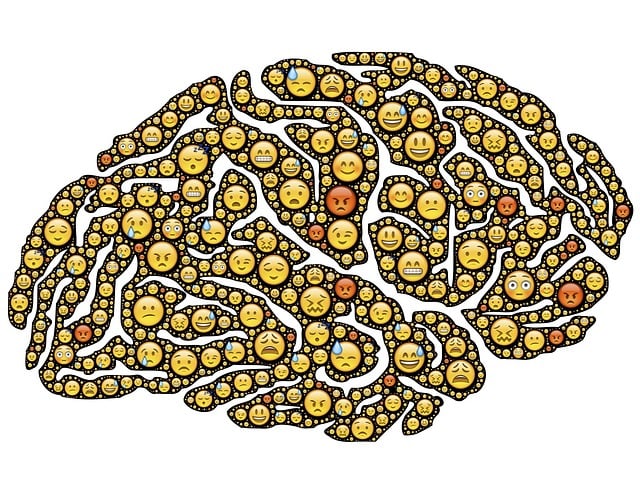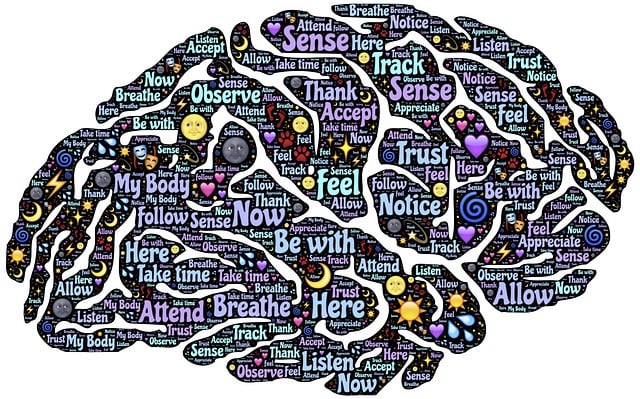In blended families and among elderly populations, substance abuse risks often go unnoticed due to unique social dynamics and age-related factors. Therapy tailored to these groups is crucial in mitigating issues. Skilled therapists create safe spaces fostering emotional healing and empowering clients through individualized care, reducing future misuse and promoting personal growth. Community support systems provide additional backing, addressing challenges with tailored therapy for elders and blended families, while early intervention strategies like mental wellness podcasts educate and encourage help-seeking before severe misuse occurs.
Substance abuse poses unique risks within blended families and elderly populations, demanding tailored strategies. This article explores comprehensive risk reduction techniques, focusing on understanding specific challenges in these groups. We delve into individualized therapy approaches, emphasizing their efficacy in mitigating risks. Additionally, community support systems are scrutinized for their pivotal role in fostering long-term recovery. Early intervention and preventive measures are also highlighted, particularly for high-risk individuals, with a focus on therapeutic solutions for elders and blended family dynamics.
- Understanding Substance Abuse Risks in Blended Families and Elderly Populations
- Individualized Therapy Approaches for Effective Risk Mitigation
- Community Support Systems and Their Role in Long-Term Recovery
- Preventive Measures and Early Intervention Strategies for High-Risk Individuals
Understanding Substance Abuse Risks in Blended Families and Elderly Populations

Substance abuse risks within blended families and elderly populations often go unnoticed due to unique social dynamics and age-related factors. In blended families, children may struggle with emotional regulation, especially when adapting to new living arrangements and step-parents. This can lead to increased vulnerability to substance abuse as a coping mechanism. Similarly, elderly individuals in these families might face isolation or have unmet mental health needs, contributing to higher risks.
Therapy for elders and blended family members is crucial in mitigating these risks. Mental health policy analysis and advocacy play a significant role in ensuring accessible and tailored support systems. By raising mental health awareness, communities can foster open conversations about substance abuse, breaking down stigma. This, in turn, encourages individuals to seek help, promoting healthier coping strategies and better overall well-being within these complex family structures.
Individualized Therapy Approaches for Effective Risk Mitigation

Individualized Therapy approaches play a pivotal role in mitigating risks associated with substance abuse, especially within unique populations like blended families and when catering to the specific needs of elders. These tailored interventions consider the complex interplay of personal, familial, and cultural factors that contribute to an individual’s relationship with substances. Therapists skilled in Cultural Sensitivity in Mental Healthcare Practice can create safe, supportive spaces where clients feel understood and empowered.
Through effective listening and empathy, therapists facilitate Emotional Healing Processes, addressing past traumas or underlying issues that may drive substance abuse. Furthermore, by incorporating Self-Care Practices into treatment plans, individuals learn to regulate their emotions, build resilience, and develop healthier coping mechanisms. This holistic approach not only reduces the risk of future substance misuse but also fosters lasting personal growth and improved quality of life.
Community Support Systems and Their Role in Long-Term Recovery

Community support systems play a pivotal role in facilitating long-term recovery from substance abuse, especially among vulnerable populations such as elders and blended families. These networks offer a safe haven, providing individuals with emotional backing, practical assistance, and encouragement during their journey to sobriety. Therapy for elders within these communities often tailors approaches to address unique challenges, ensuring they receive the specialized care needed to overcome addiction.
Blended families can benefit from community support services that foster an environment of understanding and acceptance. By connecting affected individuals with peers facing similar situations, these services reduce the stigma associated with mental illness and promote open discussions about substance abuse. Moreover, trauma support services within these communities are invaluable in addressing underlying traumas that may contribute to addiction. Incorporating mental illness stigma reduction efforts into community initiatives is crucial, as it encourages early intervention and reduces barriers to seeking professional help, ultimately enhancing the effectiveness of risk assessment for mental health professionals.
Preventive Measures and Early Intervention Strategies for High-Risk Individuals

High-risk individuals, including older adults in blended families, can benefit from a multi-faceted approach to prevent substance abuse. Preventive measures should start with identifying and addressing underlying risk factors such as social isolation, depression, or anxiety. Early intervention strategies, like mental wellness podcasts designed for this demographic, can offer valuable education and support. These resources help individuals understand the signs of substance misuse and encourage seeking professional help before it’s too late.
Additionally, stress reduction methods tailored to older adults in blended families are crucial. Stress management workshops organized by community centers or senior services can equip them with coping skills. Engaging in these activities not only minimizes the risk of substance abuse but also fosters a sense of belonging and purpose, which is vital for maintaining mental wellness.
In conclusion, addressing substance abuse risks requires a multi-faceted approach tailored to the unique needs of blended families and elderly populations. Individualized therapy approaches, coupled with robust community support systems, play a pivotal role in mitigating these risks and fostering long-term recovery. By implementing preventive measures and early intervention strategies for high-risk individuals, we can significantly reduce substance abuse incidents and improve overall well-being within these communities. This holistic approach, focusing on both therapeutic interventions and community engagement, is essential to creating a healthier and more supportive environment for all.














